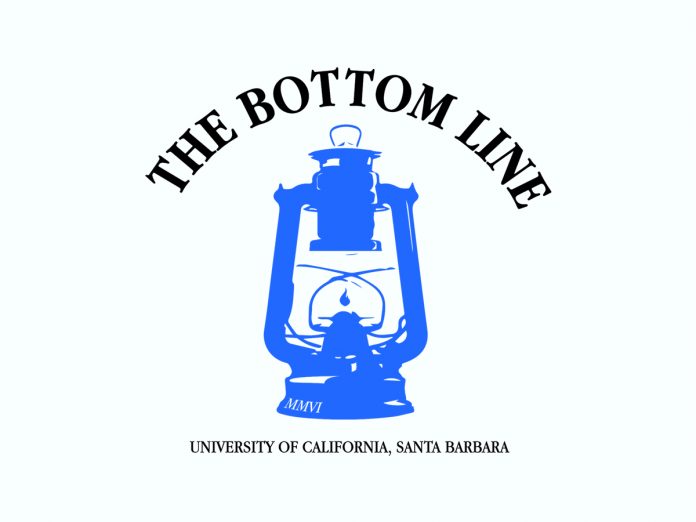Jacob Wong
National Beat Reporter
In a press release on Feb. 22, the University of California Student Association (UCSA), along with the UC Office of the President (UCOP) and the Coalition for a Better UC (CBUC), announced their co-sponsorship of Senate Bill 461, which, if passed, would extend the Cal Grant program to cover summer classes.
“Reforming financial aid is necessary to support California’s low-income students, in which summer Cal Grant is a pillar of need as well,” said CBUC chair Kuvimbanashe Edwin Chikukwa in a quote from the release.
SB 461 was introduced by California senator Richard Roth, who represents the state’s 31st District, including areas of Riverside county. “We must have mechanisms in place to assure our college students are successful,” stated Roth upon introducing the legislation. “Students will enroll in summer session courses if there is sufficient aid to allow them to afford the higher tuition and fees.”
According to the UCSA release, the goal of SB 461 is to help more students in California universities, particularly those who are low-income, graduate on time. Low graduation rates among economically disadvantaged students is not only a statewide issue, but one that is occurring at a national level as well.
A recent study by national think tank Third Way examined the graduation rates of Pell grant recipients at four-year colleges across the nation, more than three-quarters of whom come from families earning annual incomes of $40,000 or less,. It found that over a six-year period, only 49 percent of first-time Pell recipients earned a bachelor’s degree at the institution where they started.
The data also suggests that there is a gap in how well these institutions serve Pell recipients in comparison to their non-Pell receiving peers. The study found that nationally, Pell students graduate at a rate of 18 percentage points fewer than non-Pell recipients.
While the UC system is ahead of the national curve when it comes to Pell-recipient graduates — five UC schools including UCSB (81 percent) placed within the top 10 highest Pell graduation rates nationwide — there is still room for improvement when it comes to four-year graduation rates.
A 2018 UC Accountability report found that only 57 percent of UC Pell recipients from the entering 2013 class graduated in four years, 13 percentage points behind non-Pell recipients (70 percent).
This is the reality that UCSA and other co-sponsors of SB 461 hope the legislation can address. Citing federal government studies, the USCA release states that students who take summer courses are more likely to graduate on time. However, it also acknowledges financial barriers to this potential solution, stating, “Students are still reluctantly avoiding summer courses because of insufficient aid which makes summer courses unaffordable.”
If passed, the bill would make students currently in the Cal Grant program eligible to receive a summer Cal Grant award for a total of two summer terms of up to nine units of enrollment. Transfer students within the program would be eligible for one summer term. Roth and the bill’s supporters believe that SB 461’s provisions could play a key role in leveling the playing field for low-income students in universities across the state.
“California won’t be able to meet its workforce and economic demands due in part to college students not graduating within a four-year timeframe,” stated Roth upon introducing the legislation. “We must act now to provide relief that will not only improve graduation rates but will guarantee California has a strong, competitive workforce by 2030.”











